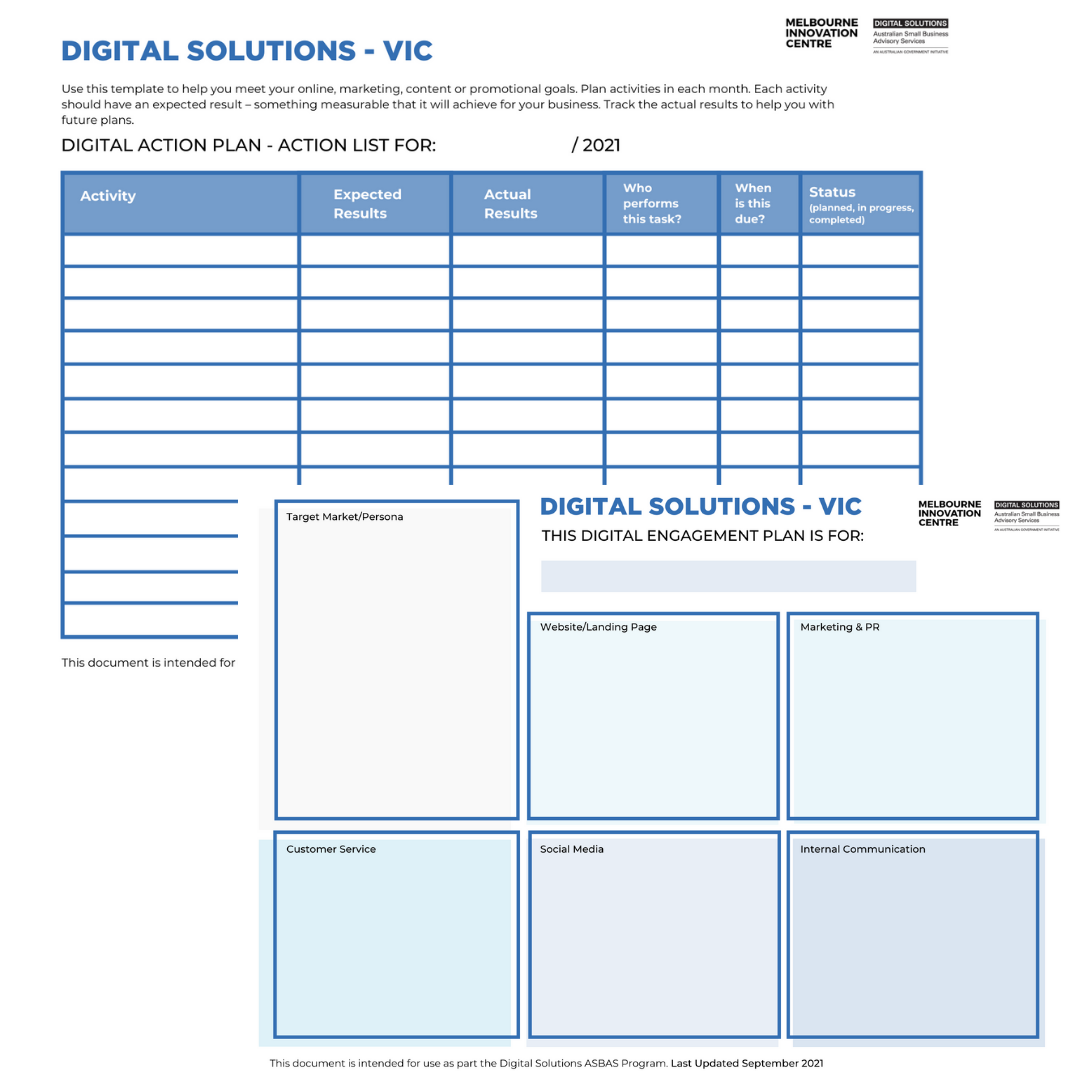Rome wasn’t built in a day, and neither are successful businesses.
Before you take your brilliant product or service to market, it’s essential to conduct market research and clarify your business model. For first-time entrepreneurs, this can be an overwhelming task - how do you define your target market? What does a strong value proposition look like? Where do you start?
If these questions feel familiar, working with a mentor is a great place to begin. After all, who better to show you the ropes than someone who has successfully conquered them before?
Whether you’re looking to create one yourself or simply want to know more, here’s our beginner’s guide to business models.
Think of your favourite brand. The products you see being sold are just the tip of the iceberg. The larger part that lies underneath is the strategy and planning, and - when done correctly - is what makes that particular brand your favourite. Harder to see, but far more impactful.
Before you take your brilliant product or service to market, it’s essential to conduct market research and clarify your business model. For first-time entrepreneurs, this can be an overwhelming task - how do you define your target market? What does a strong value proposition look like? Where do you start?
If these questions feel familiar, working with a mentor is a great place to begin. After all, who better to show you the ropes than someone who has successfully conquered them before?
Whether you’re looking to create one yourself or simply want to know more, here’s our beginner’s guide to business models.
Firstly, what is a business model?


